“A recent gold boom in Uganda has some of the country’s most vulnerable men, women, and even children scrambling to benefit—and at great personal risk. But Earthbeat, an unlikely nonprofit, is helping them create alternatives.”
Luxury and sustainability can seem mutually exclusive, almost by definition. Beneath every new smartphone are thousands of small parts brought together through shadowy supply routes, originating in places where such items are largely unattainable. More often than not, a so-called ‘ethical’ diamond means a lab-created one, which may be free of conflict and labor abuse but lacks the rarity that makes them the most covetable. And gold is practically a symbol of the kind of luxury that doesn’t concern itself with how its creation might affect those who created it. When it comes to supply chains, it can be hard to see the bottom from the top.
For the past few years, for example, a boom has occurred in Uganda. Largely through foreign investment, mining operations have ticked up—2019 saw $1.25 billion worth of gold shipped out of the country, up from $515.8 million just a year earlier. And while that’s meant riches for some who cashed in on the rush, it has largely left artisanal and small-scale miners (called ASM in the industry) behind. ASM accounts for at least 15 percent of the yearly global production of gold, with millions of people involved both directly and indirectly in its supply chain. In Busia District, an area in eastern Uganda that has been involved in gold mining since the 1930s, many of these ASM workers are now unable to acquire the licenses necessary to plug into this boom, and even when they can, many lack the equipment that would help them both scale up their operations and mine safely. Even worse, many miners can’t afford to close up used mining pits, which create a moon-like landscape with poor soil and contaminated water in the surrounding areas.
But a nonprofit with unlikely roots in the jewelry industry is helping to find alternatives. Earthbeat—founded by Guya Merkle, who also runs the jewelry company Vieri—aims to work with miners interested in leaving the industry to find local sources of income that are stable, sustainable, and healthy for them. Currently, the company is working with miners in Busia to start their own beekeeping and permaculture operations—two fields that the miners themselves selected for their future growth potential.
/ Read the artcle here.

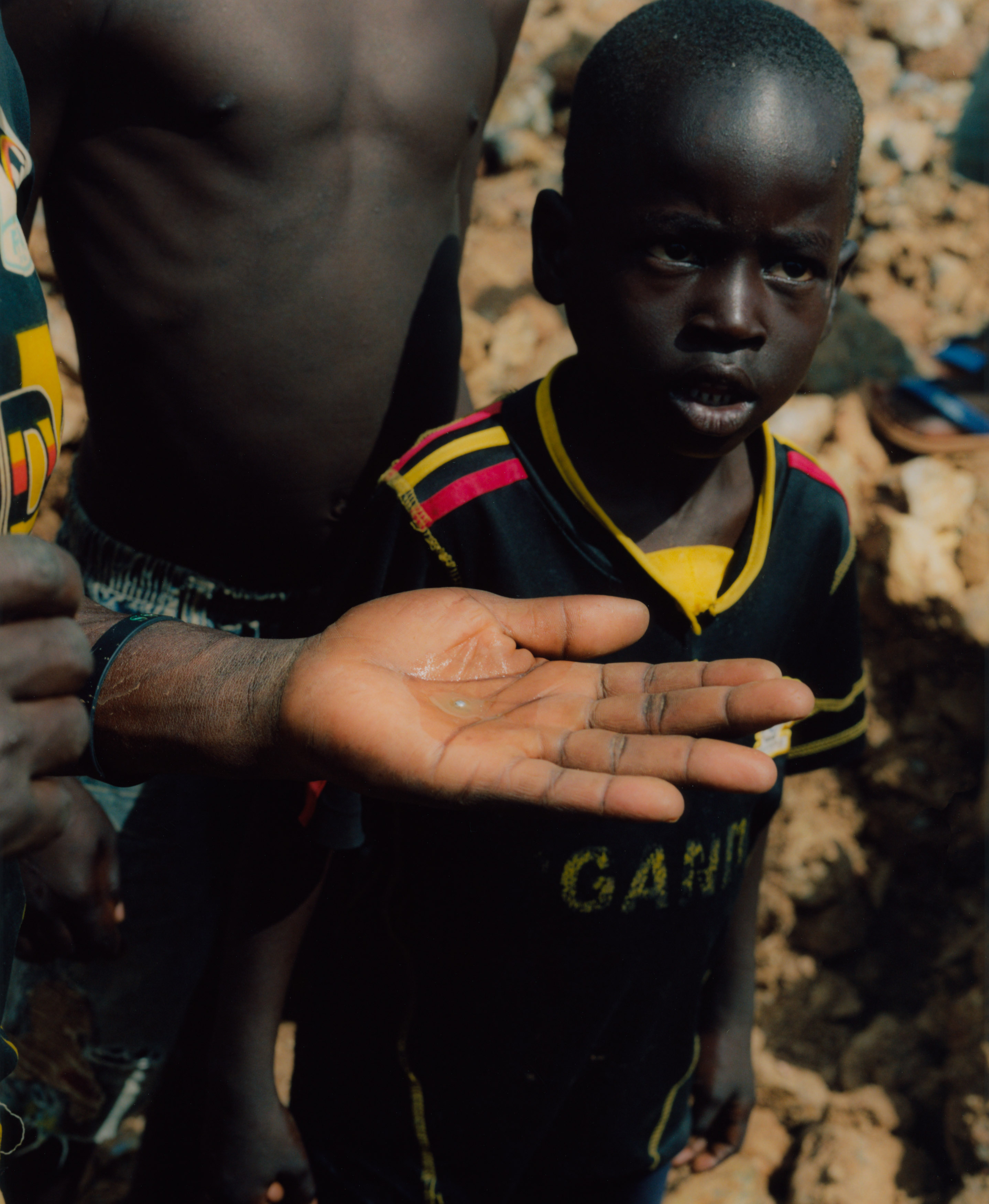


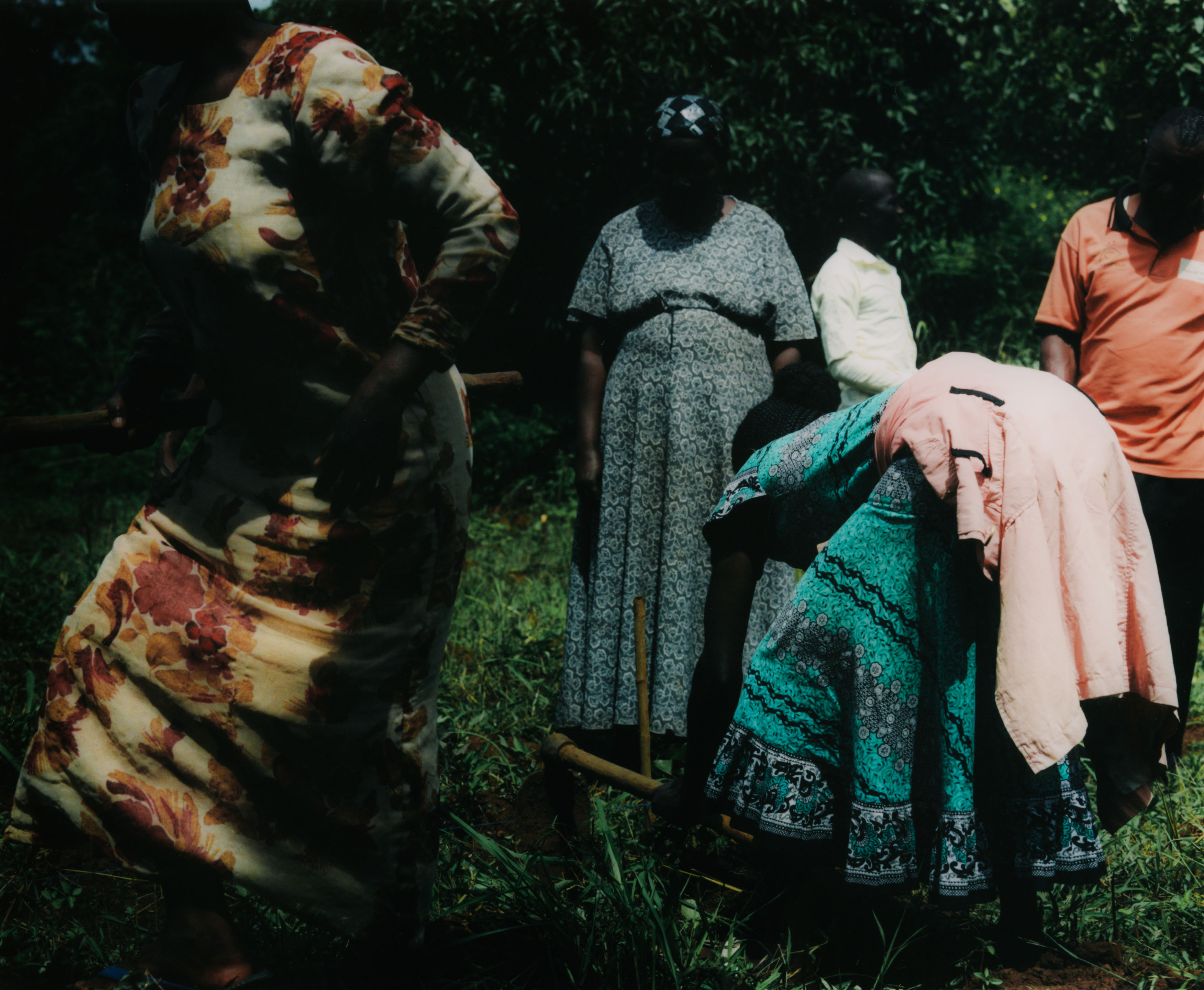



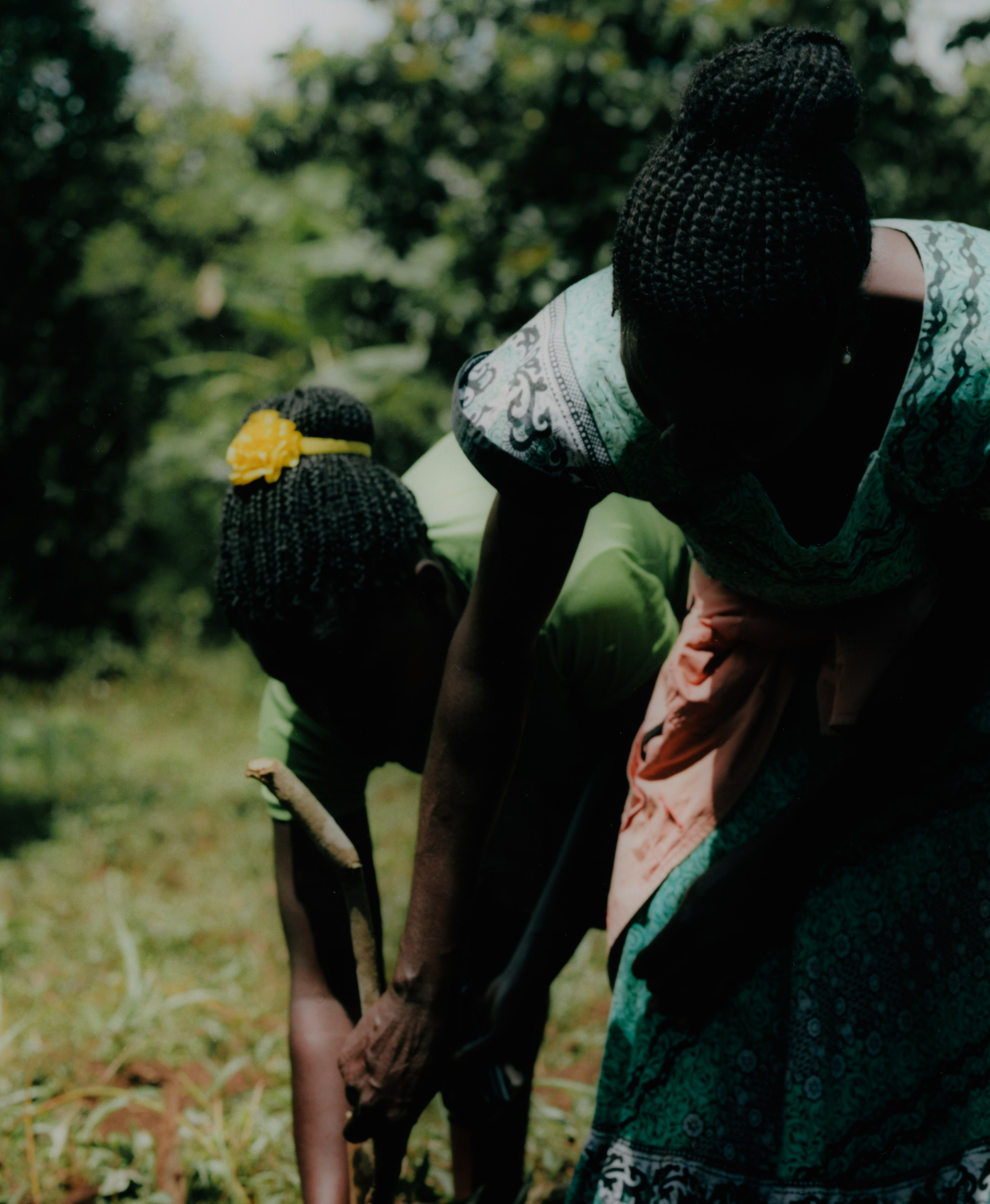


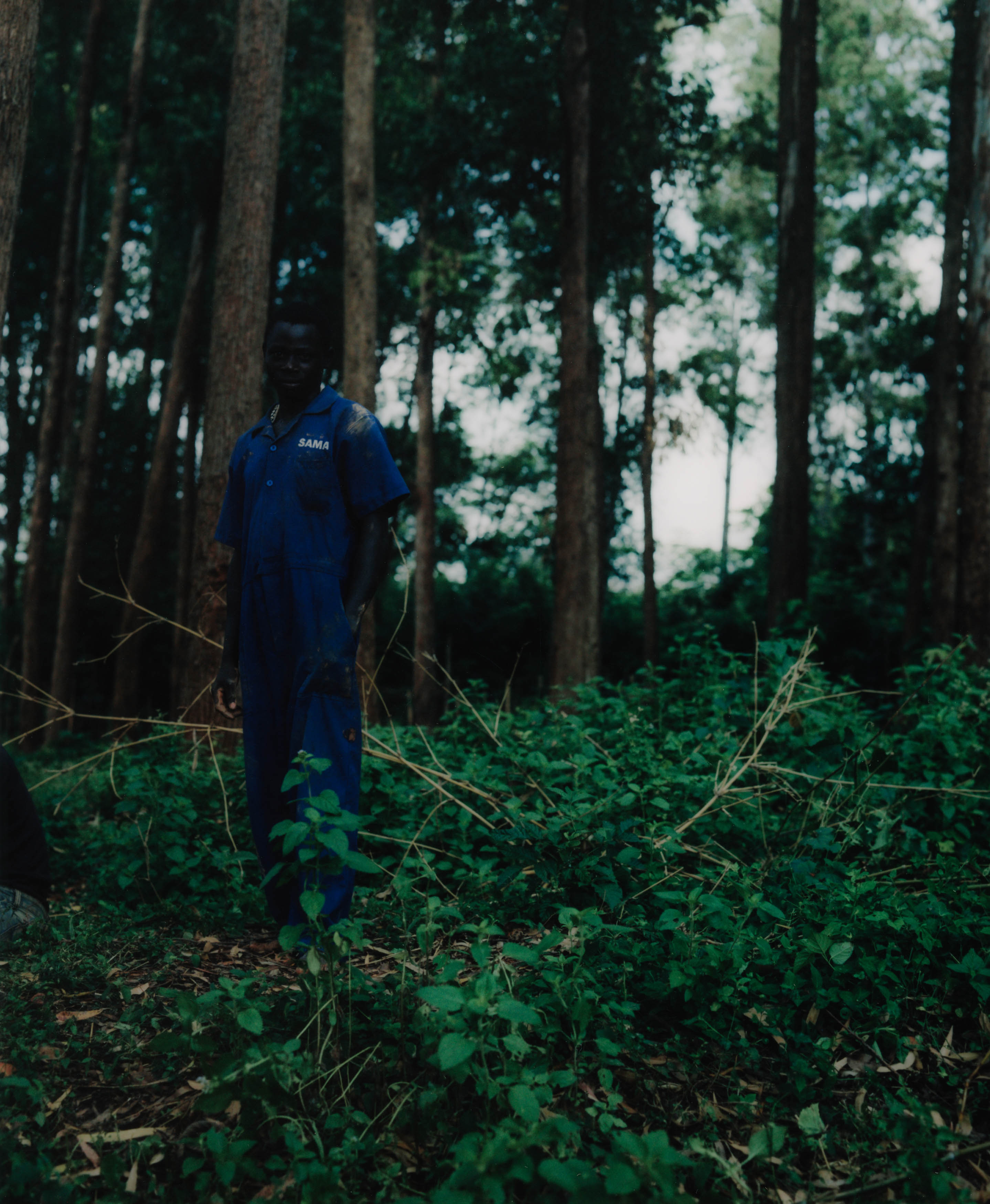
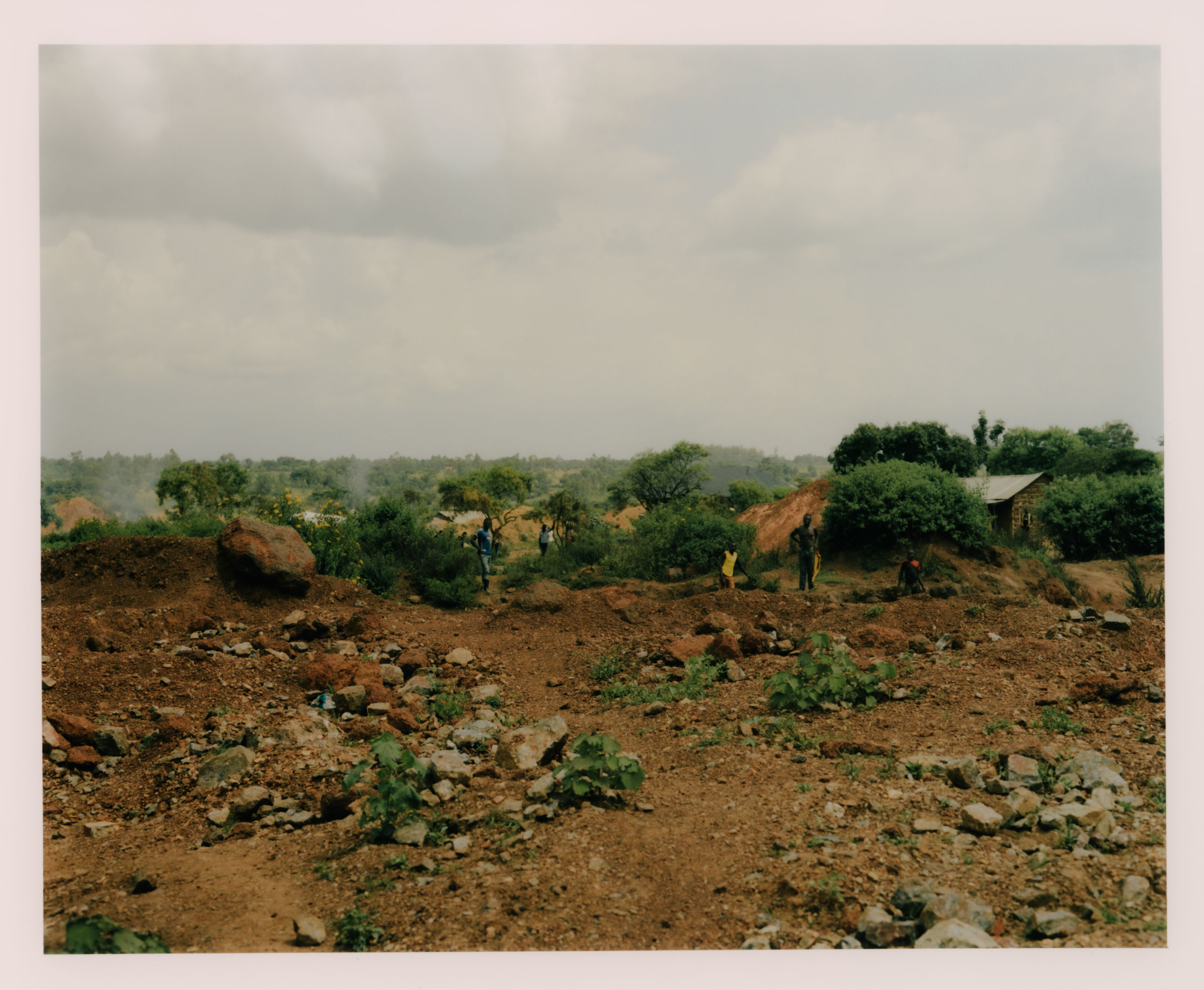
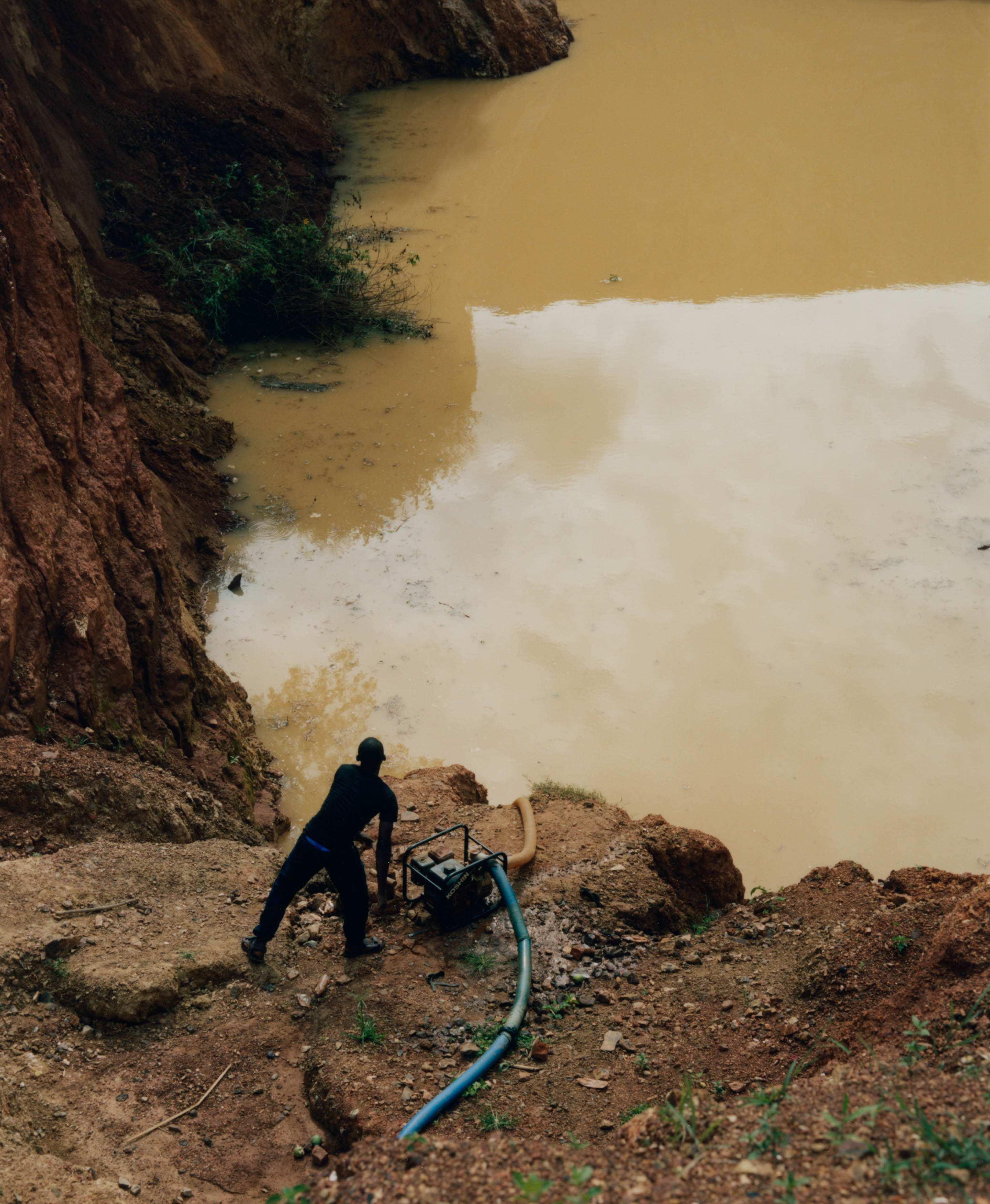

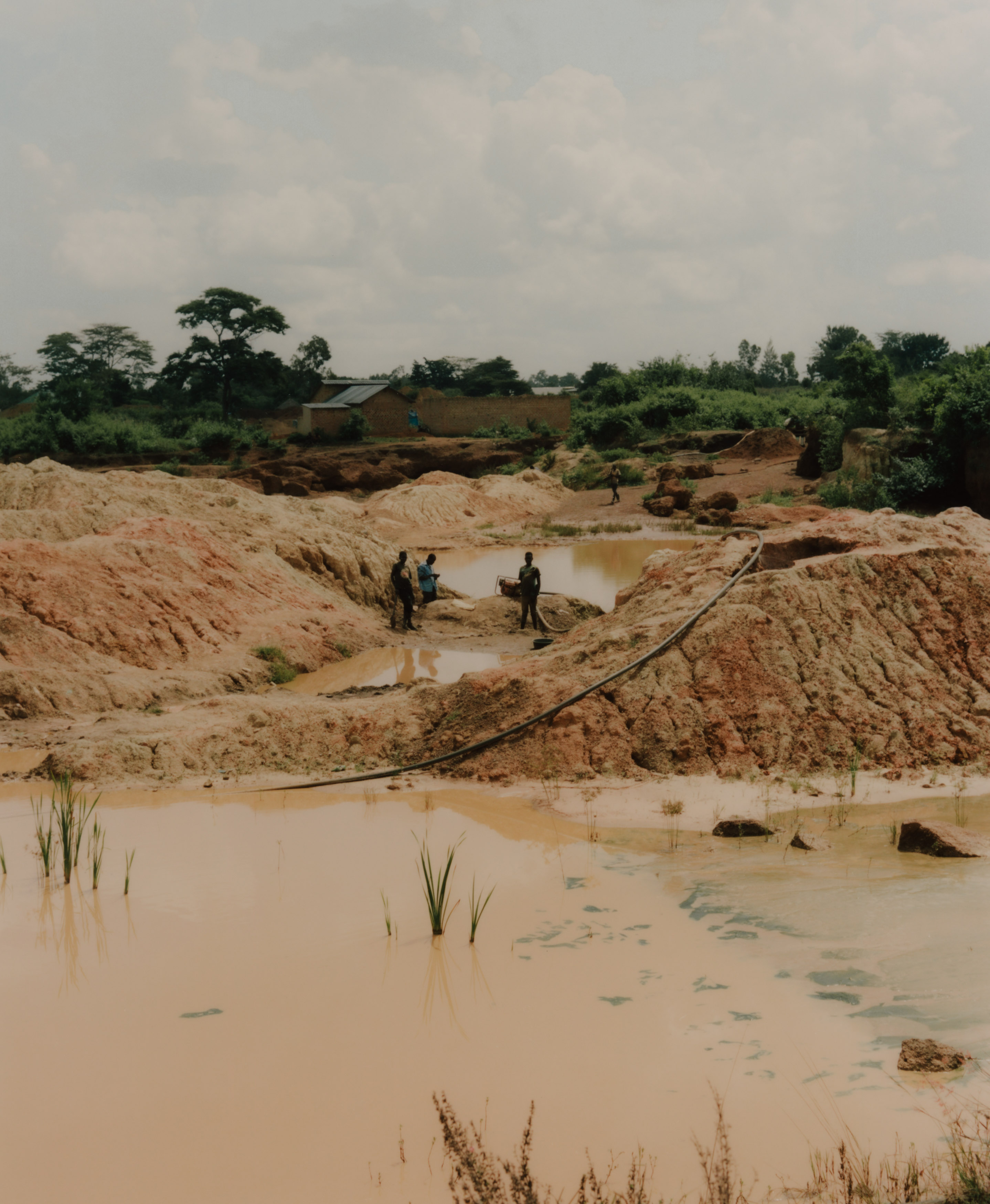
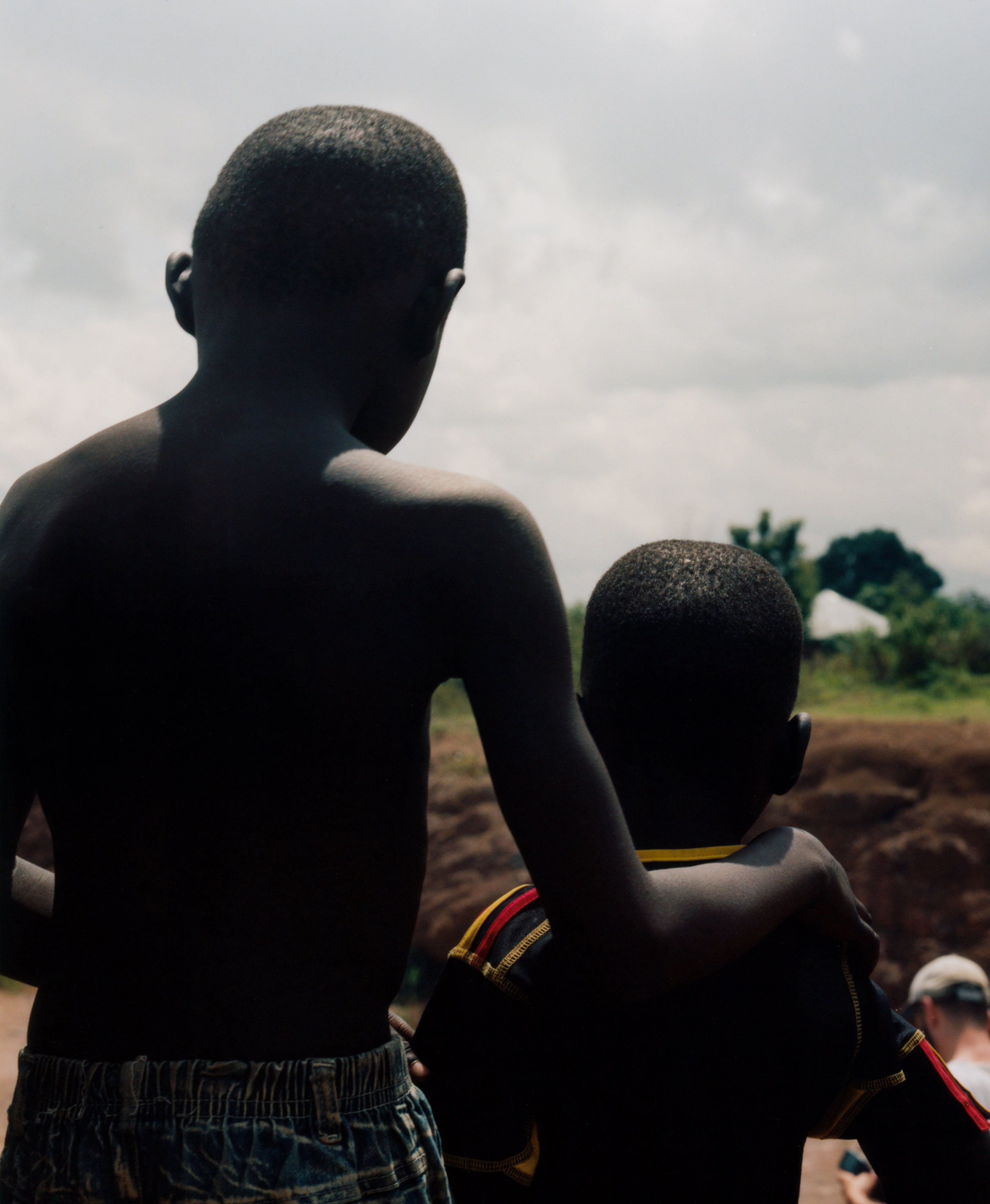
y
2018
ph
stefan dotter
m
atmos
2018
ph
stefan dotter
m
atmos